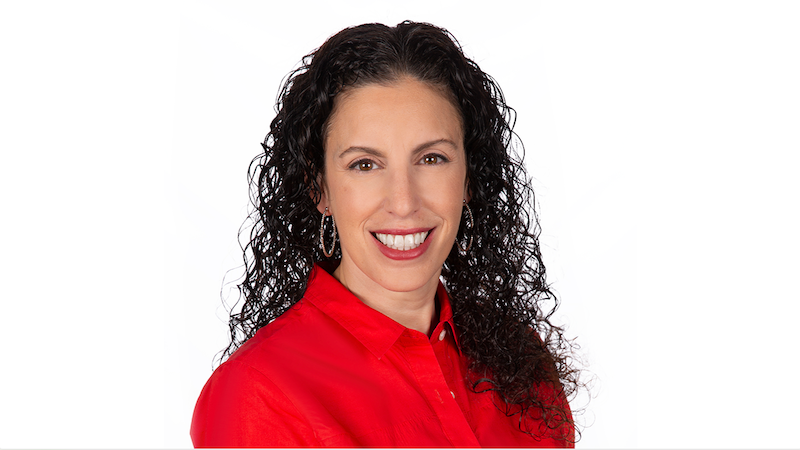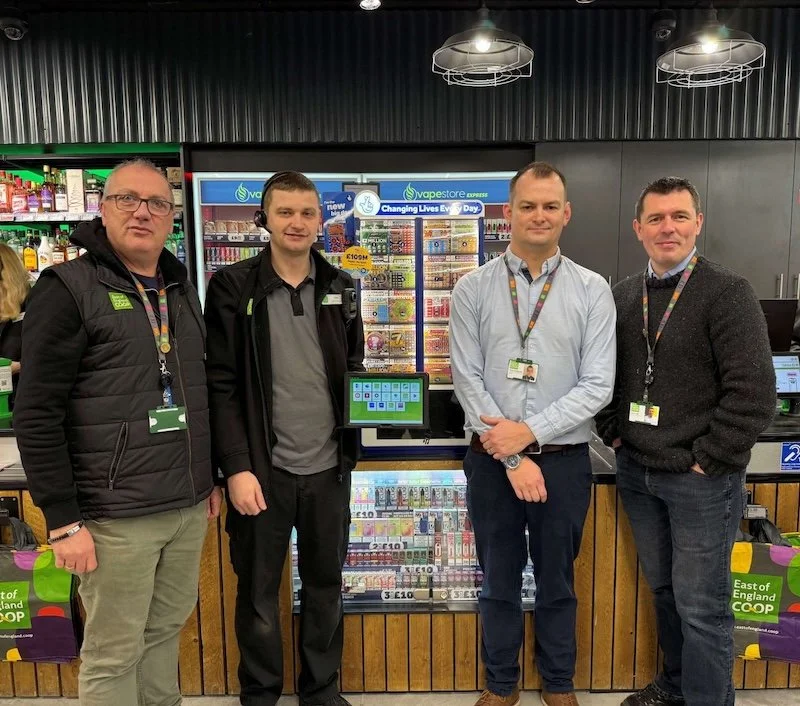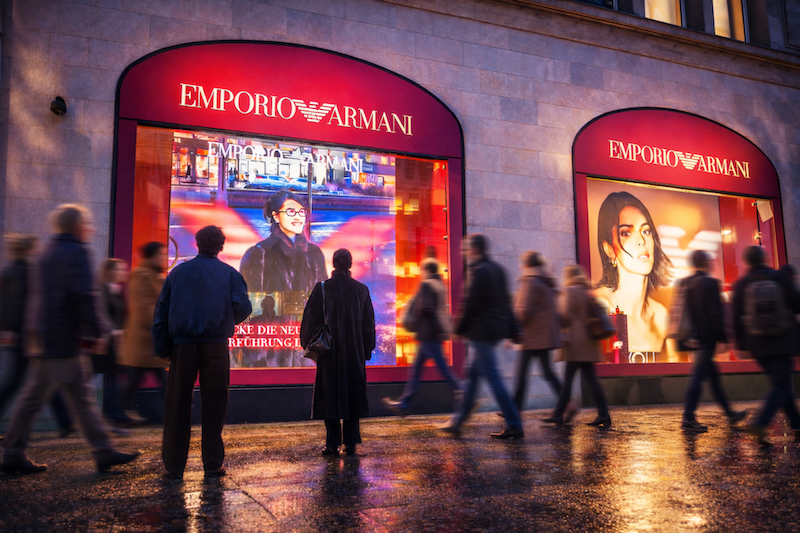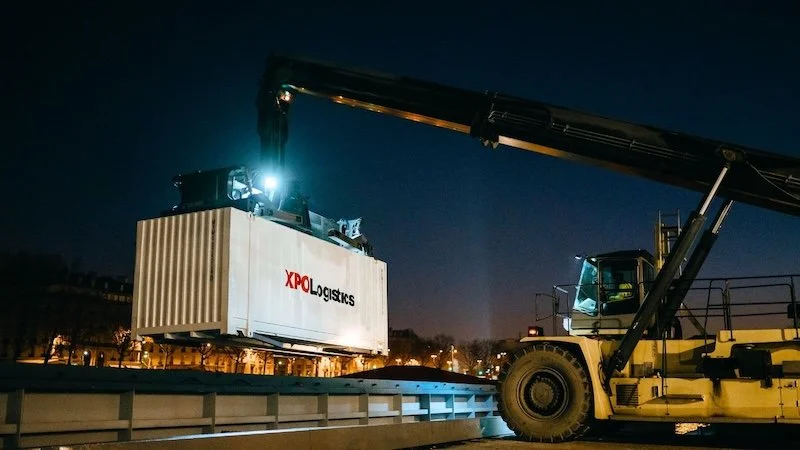Rapid grocery delivery is the worst business model ever created, says top retail technology influencer Brittain Ladd
In the first in a series of interviews with those who made it on to the 2023 RTIH Top 100 Retail Technology Influencers List, we discuss rapid delivery services, the metaverse, and Ocado’s recent struggles, with Brittain Ladd, a supply chain consultant and former Amazon executive.
RTIH: What does recognition as a retail tech influencer mean to you?
BL: It means that the hundreds of hours of research I perform annually has paid off.
It means that the articles I write contain content that people believe in, and my willingness to take a position on different topics has separated me from the crowd.
RTIH: Where next for Amazon’s Just Walk Out technology following the recent closure of some Amazon Go and Fresh stores in the US and UK?
BL: I’m confident that Amazon will continue to sell its Just Walk Out technology to sports and concert venues, airports, hospitals, and on occasion, to other retailers. It may also choose to continue experimenting with Amazon Go stores.
RTIH: After a barrage of hype, followed by funding stagnating and customer use dwindling, is the rapid delivery startups space now dead in the water?
BL: Yes. I’ve stated from the beginning that rapid grocery delivery is the worst business model ever created.
It’s the only business model that I know of where it’s guaranteed that the model can’t be profitable. I must also point out that since consumers didn’t embrace 10-minute grocery delivery from couriers on bikes and scooters, I don’t believe consumers will embrace rapid delivery by drones.
I will also state that when it comes to rapid grocery delivery, grocery retailers have the option of offering accelerated delivery similar to Tesco’s Whoosh service, but they should make sure to charge a delivery fee and focus on 30-minute to one-hour and not 15-minute delivery.
RTIH: Where do you stand on the metaverse in relation to the retail sector?
BL: The metaverse is a gimmick and I see little to no value in any of the metaverse related software platforms that I’ve evaluated. Maybe one day there will be a robust metaverse platform that will change my mind.
RTIH: What are the must watch retail technologies at the moment?
BL: At the top of the list is the software from 345 Global. They have created the most advanced AI, AR/VR, and integrated store planning, sales, merchandising, and digital twin software on the market.
The company is attracting interest from retailers globally who keep hearing about 345 Global. It’s truly an amazing platform and I strongly recommend all retailers to contact the founder of the company, Mark Edwards, to learn more about the software.
RTIH: Who were the big retail winners and losers last year?
BL: In terms of the losers, at the top of the list is Amazon who misjudged their growth during Covid, and the company spent most of 2022 downsizing their operations. In addition, Amazon still trails their competitors in grocery retail and they continue to fall farther behind.
I don’t believe any retailer in 2022 did an outstanding job as most were impacted by supply chain and inventory issues.
RTIH: What are your retail predictions for the remainder of 2023?
BL: It’s going to be a challenging year, especially as we get closer to the fall. I anticipate that consumers will drastically cut back on their spending due to the economy and that will hurt sales.
Ocado is struggling with a falling share price and finding new customers.
RTIH: What should Ocado do in your opinion?
BL: I believe the best option for Ocado is ending its exclusivity agreement with Kroger, and acquiring Instacart.
Instacart has relations with 900 retailers. Ocado could approach Instacart’s customers and offer automated fulfilment.
If Kroger’s acquisition of Albertsons is approved, Ocado will have an opportunity to build more CFCs in the USA above the 20 locations that have been identified for Kroger.















Continue reading…